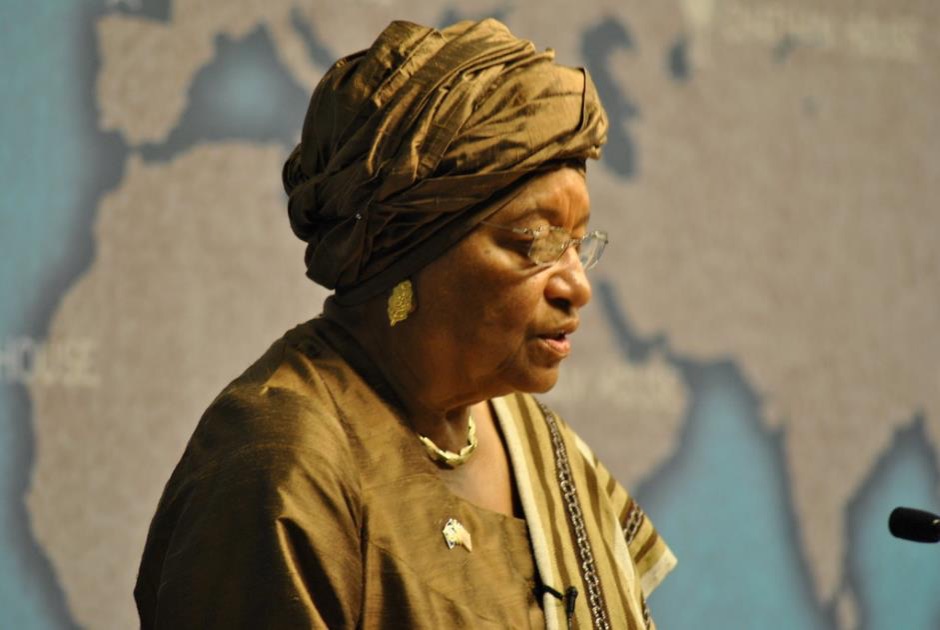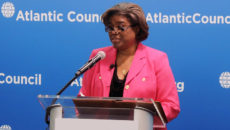MONROVIA, Montserrado – Former Liberian president Ellen Johnson Sirleaf has announced a plan to increase the representation of women in top leadership roles across sub-Saharan Africa through her Ellen Johnson Sirleaf Presidential Center for Women and Development.
The center, which appears to be Sirleaf’s major post-presidency legacy project, plans to increase women’s representation through “a unique blend of programming, advocacy, archival research and museum exhibitions,†according to a brief released in August 2019.
Among the plans for the center is a leadership academy that plans to train capable public service women leaders through a seven-month course targeting women aged 20-30 years old and a leadership forum for “early tenure women public service officials with the potential for a long-term career.â€
The center also plans to convene 300 global leaders to commit themselves to improve political representation in an annual Women in Politics Summit.
Additionally, the center will establish a two-year postgraduate research program for three post-graduate researchers to lead surveys that attempt to determine innovative methods for improving gender parity.
The center will be located in Monrovia, and it is currently recruiting an executive director who will be responsible for implementing its mission. An American-based foundation has already been announced, chaired by the former U.S. ambassador to Liberia, Linda Thomas-Greenfield. The center will be chaired by Seward Cooper, a former legal advisor to Sirleaf during her presidency.
Although the former president represented a symbolic achievement for African women in politics, being the only elected head of state to date, Sirleaf received criticisms for not appointing enough women as ministers in her government. Of the 81 ministers appointed to serve in Sirleaf’s government, 22 percent were women, although the percentage varied at various times.
In fact, the Mo Ibrahim Index of African Governance results that were released in 2016 showed that over the previous 10 years, Gender was the only subcategory where Liberia made no progress over the past decade. That subcategory measured the gender balance in education and the level of equal status and protection under the law. Workplace gender equality, in terms of pay and hiring opportunities, deteriorated the most over a decade of Sirleaf’s rule.
When President George Weah took over, female representation at the upper echelon of the Executive Branch in Liberia saw an even drastic reduction, with fewer than 12 percent of appointed cabinet ministers being women.
In a December 2018 opinion piece she published, the former Liberian president acknowledged that more needed to be done to open up the public sector to leadership by women.
“True governing powers remain largely closed to women,†she wrote. “Women lack access to the well-established networks and pathways that continue to support patriarchal systems within parties and public management structures.â€
She continued: “Doing more to me means thinking of women’s empowerment in terms that transcend elections and politics. It means ensuring that women are also adequately represented in an apolitical cadre of professionals who enable a state to provide citizens with essential services and protections, regardless of who is victorious at the ballot box.â€
Sirleaf proposed that a sure way to do this is by “creating a merit-based, competitive path to government that opens up public life to women in an unprecedented manner.â€
“That’s why I am working with a small team of people, committed to this vision, to build the Ellen Johnson Sirleaf Presidential Center for Women and Development that will support women as agents of change, makers of peace, and drivers of progress,†she added.
Featured photo by Chatam House



